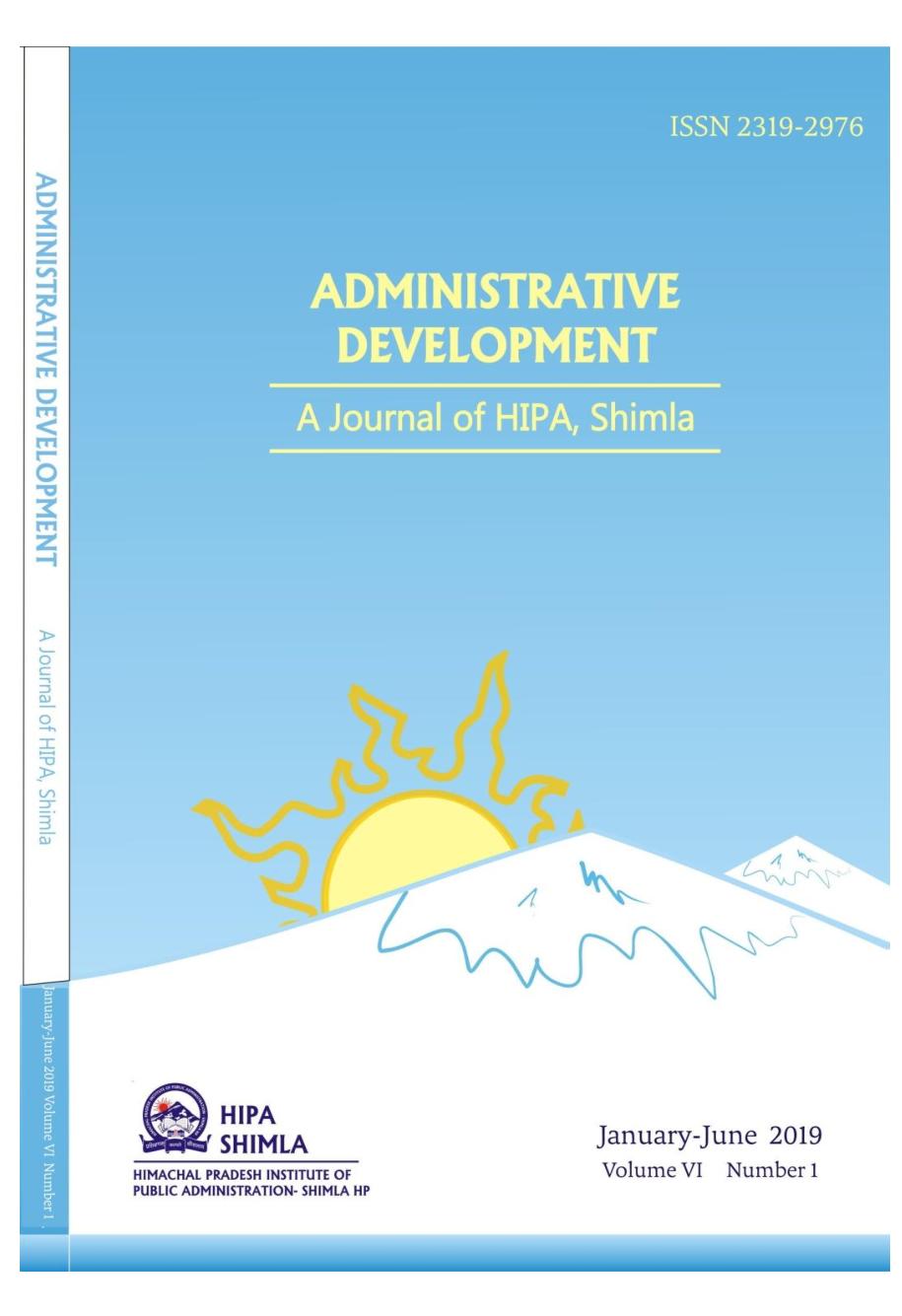ORGANIC FRUIT PRODUCTION: STRATEGIES, EXPORT POTENTIAL AND FUTURE THRUST
Keywords:
Organic, Bio- dynamic, Bio- stimulants, Jeevamrut, Beejamrut, Vermiwash, Sanjivak, Panchgavya, Phytonutrients, ParadigmAbstract
Organic farming is defined as a holistic production management system which promotes and enhances agro-ecosystem health, including biodiversity, biological cycles and soil biological activity (FAO/WHO, 2013). Components of organic farming are green manures, crop rotation, vermicompost, bio-fertilizers, bio-dynamic farming, biological pest control, EM – technology, bio-stimulants, bio-films and use of liquid organic manures like Jeevamrut, Beejamrut, Vermiwash, Sanjivak and Panchgavya. Rapid increase of human population together with global climate variability resulted in increased demand of plant based food (Varshney et al., 2011). Fruits, thus, have an essential role to enhance quality of humankind life as they are rich source of fibers, vitamins, micronutrients and phytonutrients essential for human health. India is the second largest producer of fruits in the world after China with a production of 91.7 million MT during 2016-17. Fruits produced in India have greater export potential as they have larger demand around the world. Organic fruit production is a system to lower the cost of production and enhance the fruit quality to reduce health hazards produced by conventional farming systems. So a paradigm shift to organic fruit production is the need of the hour to enhance quality of life.

Downloads
Published
How to Cite
Issue
Section
License
Upon acceptance of an article, authors will be asked to complete a 'Journal Publishing Agreement'. An e-mail will be sent to the corresponding author confirming receipt of the manuscript together with a 'Journal Publishing Agreement' form or a link to the online version of this agreement.
Subscribers may reproduce tables of contents or prepare lists of articles including abstracts for internal circulation within their institutions. Permission of the Publisher is required for resale or distribution outside the institution and for all other derivative works, including compilations and translations. If excerpts from other copyrighted works are included, the author(s) must obtain written permission from the copyright owners and credit the source(s) in the article. As a general rule, permission should be sought from the rights holder to reproduce any substantial part of a copyrighted work. This includes any text, illustrations, charts, tables, photographs, or other material from previously published sources.
This journal permits and encourages authors to post items submitted to the journal on personal websites or institutional repositories both prior to and after publication, while providing bibliographic details that credit, if applicable, its publication in this journal.
